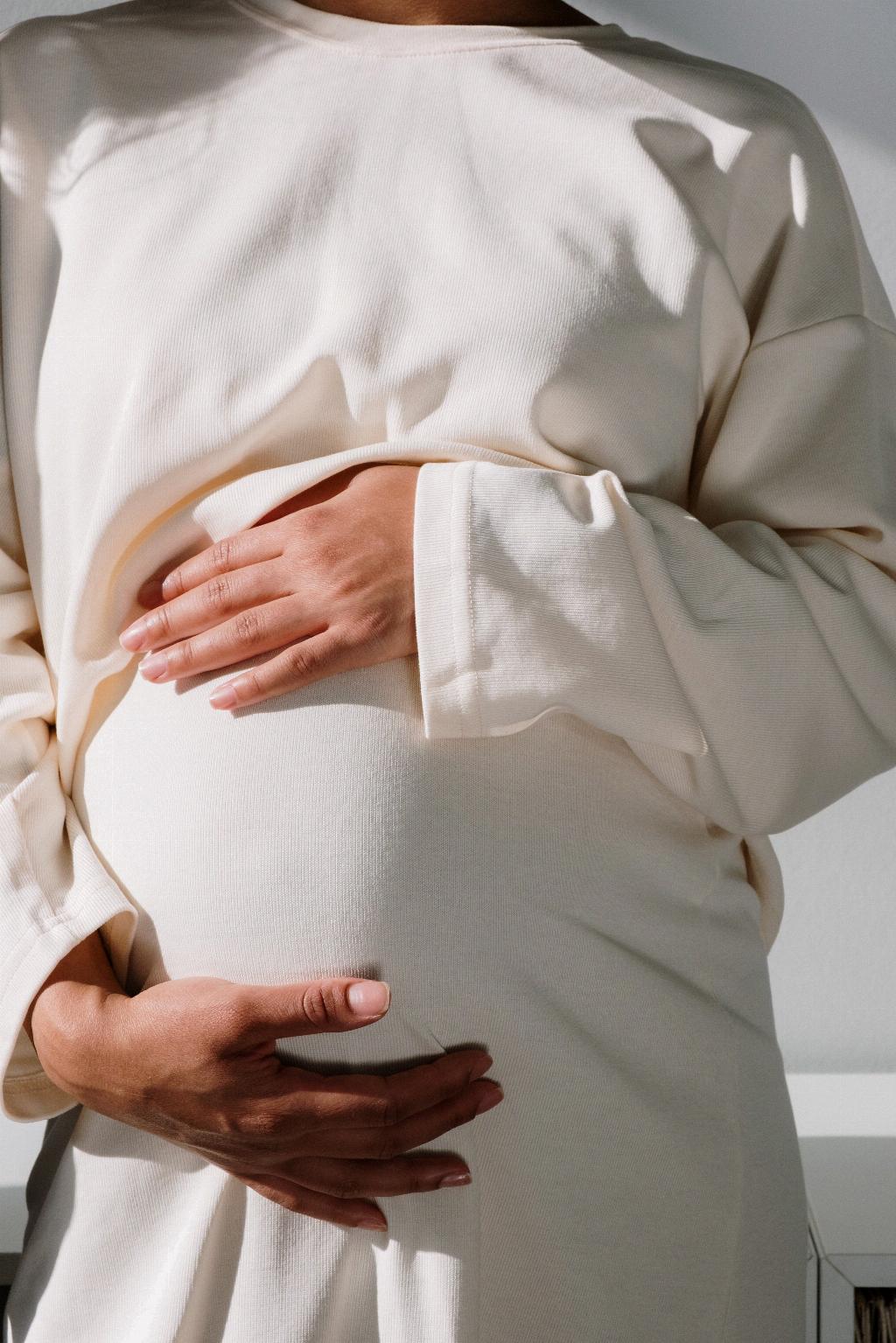Leucorrhoea, commonly known as vaginal discharge, is a common occurrence during pregnancy. Vaginal discharge plays a vital role in keeping the vagina clean and maintaining a healthy pH balance. However, excessive discharge can sometimes be a cause for concern, leading to discomfort and anxiety for pregnant individuals.
Consulting Your Healthcare Provider
One of the first steps in addressing leucorrhoea during pregnancy is to consult your healthcare provider. It is essential to communicate any changes or concerns regarding vaginal discharge to your doctor to rule out any underlying infections or complications.
Maintaining Hygiene
Proper hygiene practices can help manage leucorrhoea during pregnancy. Regular bathing with mild, unscented soap and wearing underpants with breathable cotton liners can help keep the vaginal area clean and dry, reducing the risk of infections.
Wearing Comfortable Clothing
Opting for loose, breathable clothing can aid in reducing moisture and promoting airflow to the vaginal area. Tight clothing can trap heat and moisture, creating an ideal environment for bacteria to thrive, exacerbating leucorrhoea.
Using Pads or Panty Liners
Wearing pads or panty liners can help absorb excess discharge and keep the vaginal area dry. It is essential to choose products that are gentle on the skin and free of harsh chemicals to prevent irritation.
Staying Hydrated
Drinking an adequate amount of water can help maintain the body’s hydration levels and reduce the thickness of vaginal discharge. Staying hydrated is essential during pregnancy to support overall health and well-being.
Practicing Safe Sex
Engaging in safe sex practices can help prevent the transmission of sexually transmitted infections (STIs) that may contribute to changes in vaginal discharge. Using condoms and communicating openly with your partner are crucial aspects of safe sexual practices.
Avoiding Harsh Cleansers
Avoiding harsh cleansers, douches, or scented products in the vaginal area is important in maintaining a healthy pH balance. These products can disrupt the natural flora of the vagina, leading to imbalances and increased discharge.
Considering Dietary Changes
Incorporating foods rich in probiotics, such as yogurt and kefir, into your diet can help promote healthy bacteria in the vaginal area. Probiotics support the immune system and may help reduce the risk of vaginal infections.
Practicing Stress Management
Stress can contribute to hormonal imbalances and impact vaginal health. Engaging in stress-reducing activities such as yoga, meditation, or deep breathing exercises can help support overall well-being and potentially reduce leucorrhoea symptoms.
Seeking Support
Managing leucorrhoea during pregnancy can be challenging, both physically and emotionally. It is essential to seek support from your healthcare provider, partner, or a trusted friend or family member if you are experiencing discomfort or anxiety related to vaginal discharge.
Conclusion
Addressing leucorrhoea during pregnancy involves a combination of proper hygiene practices, communication with healthcare providers, and lifestyle adjustments. By taking proactive steps to manage vaginal discharge, pregnant individuals can help promote their overall health and well-being.

